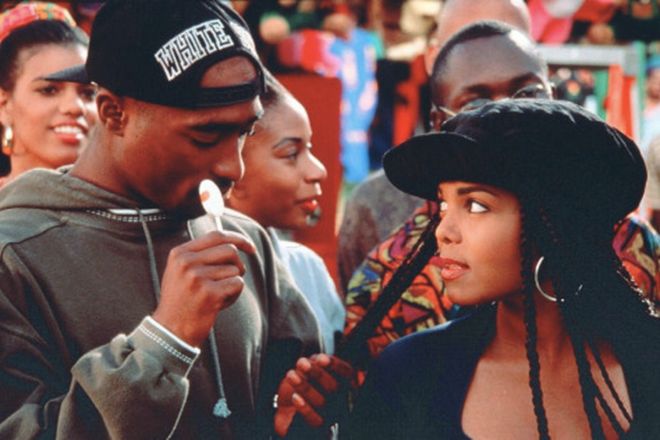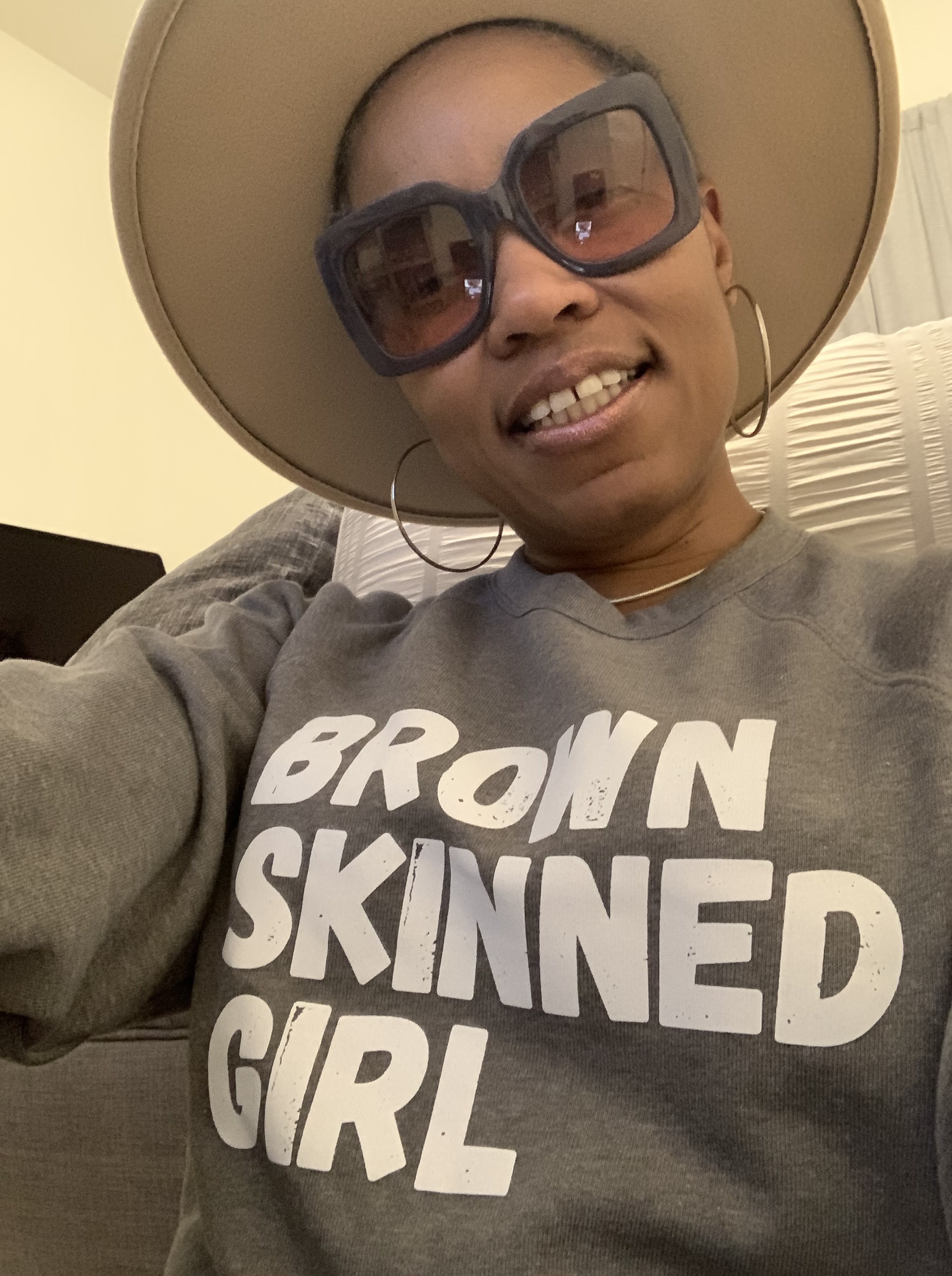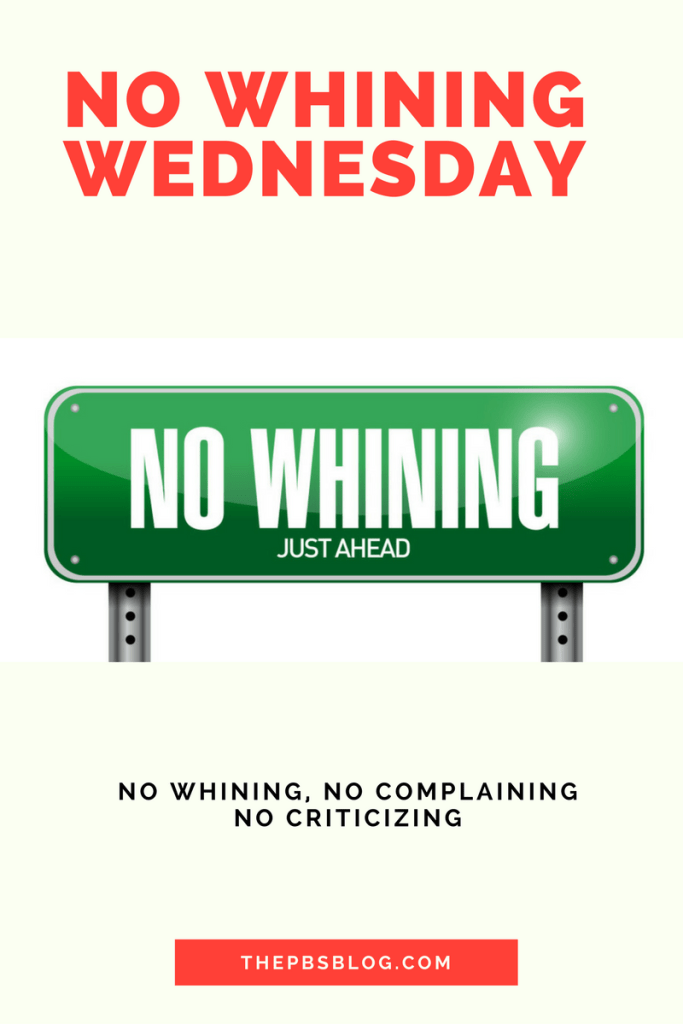
I am not at all surprised I am enjoying Cicely Tyson’s memoir, Just as I am. While I am not an actor,* I try to learn as much as I can from others. Even if it’s reading a book, I want to know what brought us together and what purpose I might piece together that we are intended to serve to each other.
I have had this post sitting in my drafts since the beginning of May. It wasn’t until I read this chapter last night I could finish it and feel comfortable publishing it.
In Chapter Ten, Center Stage, Miss Cicely is recounting her training with Vinnette Carroll, playwright, actress, theater director, and the first black woman to direct on Broadway, with her 1972 production of the musical Don’t Bother Me, I Can’t Cope.
In discussing art, Miss Cicely (I like saying that) explains in just a few short sentences everything I want to convey in this post.
“Vinnette taught me to learn technique and then to forget it–and to resurrect it only if it served my portrayal. Technique is important, to the extent that it is undergirded by emotion. I once knew an actress who was a brilliant technician, but her portrayal fell flat. She could create a moment and bring it to fruition, yet it was apparent she wasn’t feeling anything, and as a result, neither was her audience.”
Cicely Tyson, Just as I am, Chapter Ten, pg. 156-57
“Technique is important, to the extent that it is undergirded by emotion.”
I never consider myself an expert on anything. I will say what I have come to know in my experience, both as a writer and listener of poetry, is to watch out for intellect. By intellect, I mean the need to be so fancy you confuse the reader. It is, in my opinion, similar to using technique and forgetting emotion.
That is why I often feel that intellect, if not used in balance with emotion, passion, and heart, is the enemy of sound poetry.
“Watch out for intellect,
because it knows so much it knows nothing
and leaves you hanging upside down,
mouthing knowledge as your heart
falls out of your mouth.”
― Anne Sexton, The Complete Poems
I have read poetry so over my head I could not possibly relate to it. Metaphors and similes were so puzzling I am not even sure Maya Angelou could decipher what the poet meant if she were alive. I once read a poem that ended with the author saying he or she had eaten a bird. I do not know who or what the bird symbolized. All I know is a bird at the beginning that ended up eaten by the end of the poem.
Poor bird.
I did feel sorry for the bird to this poet’s credit, so I was not without emotion completely. It is not lost on me that readers can discover their own meanings and interpretations of poems, which is part of the fun. We learn what the author intended for the poem to communicate and what we got from it based on our personal experiences and feelings. I love hearing how a poem I’ve written resonated with readers, even if what they got from it was different from what I thought as I wrote it.
But, I like to think reading and writing is a partnership. While the first person our writing serves is ourselves, I would hope there is something to be gained by the reader too. I don’t want to get so wrapped up in the beauty of language that there is no substance, just pretty words. I expressed this in the poem Give Me Life.
To me, this would be similar to the woman Tyson references, who was a brilliant technician when acting but could not move her audience.
If you know anything about me by now, you know I am a Black Movie Buff. It’s like Justice said in Poetic Justice about having something deep to say, about having a voice.

Lucky: “What you write about in that notebook?”
Justice: “That’s my poetry.”
Lucky: “You trying to say my cousin’s shit ain’t poetry?”
Justice: “It ain’t if he ain’t got nothing deep to say. Gotta have a voice. A perspective.”
Intellect can be a strength or it can be a weakness.
If there is an easier way to say something, write it plainly, and it will reveal its own depth. I like to write the poem as it comes to me and then come back later to dress it up. Ain’t nothing wrong with a little icing once you have the cake.
Here is another quote I picked up from the quote of the day from author and editor Shayla Raquel’s newsletter, which I also just read yesterday.
“Your writing voice is the deepest possible reflection of who you are. The job of your voice is not to seduce or flatter or make well-shaped sentences. In your voice, your readers should be able to hear the contents of your mind, your heart, your soul.”
— Meg Rosof
*I said at the beginning of this post I was not an actor. I should say I am not a professional actor, as I do have some experience with it. In High School, I was part of a special program to write and perform plays. I cannot remember the program’s name or what the aim was, but this was my first official summer job. I did this for the summer of my Sophomore and Junior year, taking an official drama class my senior year, where I would also perform my poetry live for the first time as a monologue. In 2015, I was featured in a stage play at the DuSable Museum.
But as I reflect, fun as it was, I prefer to write the screenplay. Ya’ll can do the acting.

Have you entered this year’s poetry contest? I hope I gave you some inspiration! Take your time but keep your eyes on the clock. June will be here before you know it.
Submit your love poem on or before June 1st.
Note: I have not read any of the poems submitted yet! I don’t read any of the poems until the contest has ended and everything is in.
















